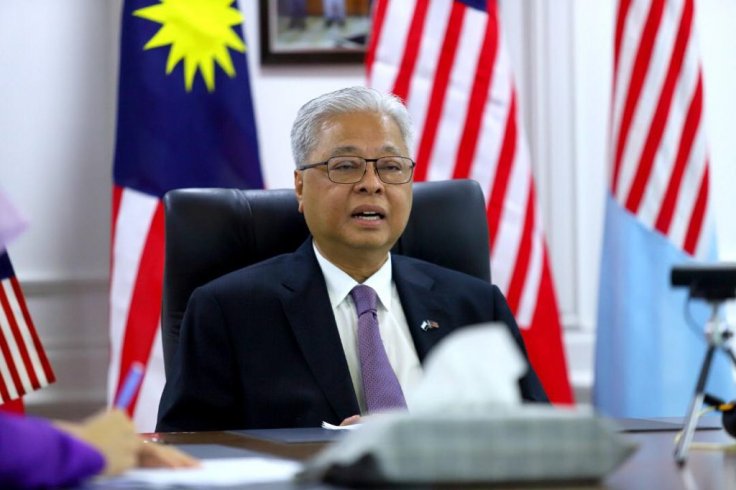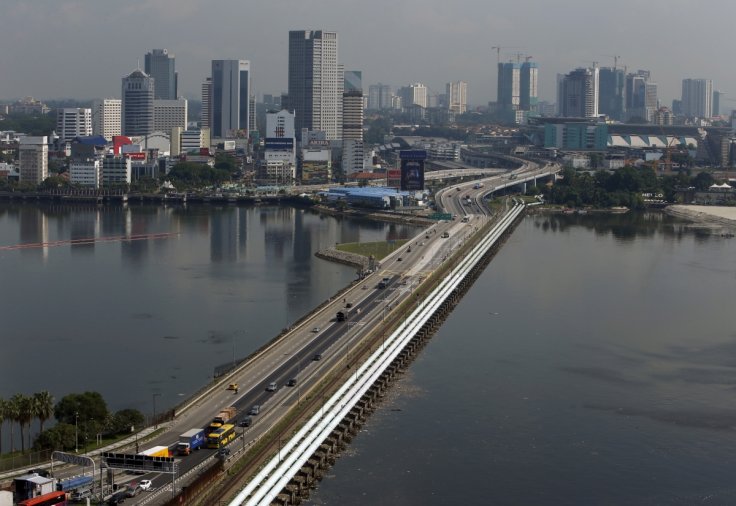Singaporeans will soon be able to go to Malaysia for work and studies as Putrajaya decided to ease restrictions for certain countries amid the coronavirus pandemic.
Malaysia's Senior Minister for Security Datuk Seri Ismail Sabri Yaakob said on June 19 said that those who fall under the category are expatriates, international students, technical experts and people who intend to visit Malaysia for medical treatment. Besides Singapore, Brunei has also been put under green zones by the Malaysian Health Ministry. At present, besides Singapore and Brunei, New Zealand, Australia, Japan and South Korea have been given the green zone status.
"We have agreed to allow Singapore citizens that live in Singapore or Brunei citizens who live in Brunei to come into our country. Hence, we are opening up our country to Singapore citizens and Brunei citizens to come in without the need for approval from our immigration department or to undergo COVID-19 screening tests or home quarantine," said Yaakob.

Conditions Apply
International students, who are studying in Malaysian schools, colleges and universities, must register their names with higher education and education ministries with a letter from their educational institutions. After that their names will be passed on to the Immigration Department.
However, there is a caveat. The treatment will be extended only if Singapore, in return, allows Malaysians to enter the city-state without any COVID-19 screening.
"The loosening of the border restrictions must be reciprocated and both these countries must allow our citizens to enter without restrictions, as we have allowed," Yaakob added.
Talks have been ongoing between the two countries on resuming international travel through the Causeway as both have begun to ease restrictions. On June 19, Singapore began its Phase 2 of reopening from the circuit-breaker period with the infection rate gradually decreasing. Malaysia too has been gradually beginning to get back to normalcy after closing borders in March. So far, Malaysia has reported 8,529 cases and 121 deaths — far less than Singapore's 41,615.

Ball in Singapore's Court
But following its success in containing the outbreak, Singapore has been reluctant on resuming international travel immediately. Although the country did allow some international travel, strict COVID-19 screening, testing and mandatory quarantine were put in place.
National Development Minister Lawrence Wong on June 8 said that similar rules would apply to Malaysians. "We want to see the resumption of travel, but it has to be done in a safe way. And that would mean looking at testing protocols in place on both sides," he said.
Yaakob also promised to ensure tough screening before people leave Malaysia. "We are ready to ensure that they take COVID-19 tests. If that is the condition required by the Singaporean government, that they take swab tests, we agree," he said.
Now the ball is in Singapore's court to take a decision on whether they should allow Malaysians return to work in the Republic. Malaysia's health ministry's Director-General Dr Noor Hisham Abdullah on June 19 said that the two countries were still negotiating to facilitate cross-border movement and those who have not traveled to any other country could be allowed.
"Their (Singapore) numbers are high due to cases among their foreign workers. We won't allow their foreign workers to enter our country, but we probably can allow Singaporeans who have not travelled to other countries recently. This is the kind of discussion we must have with these countries," he added.









